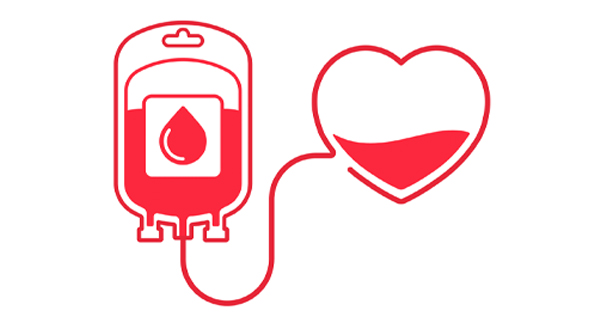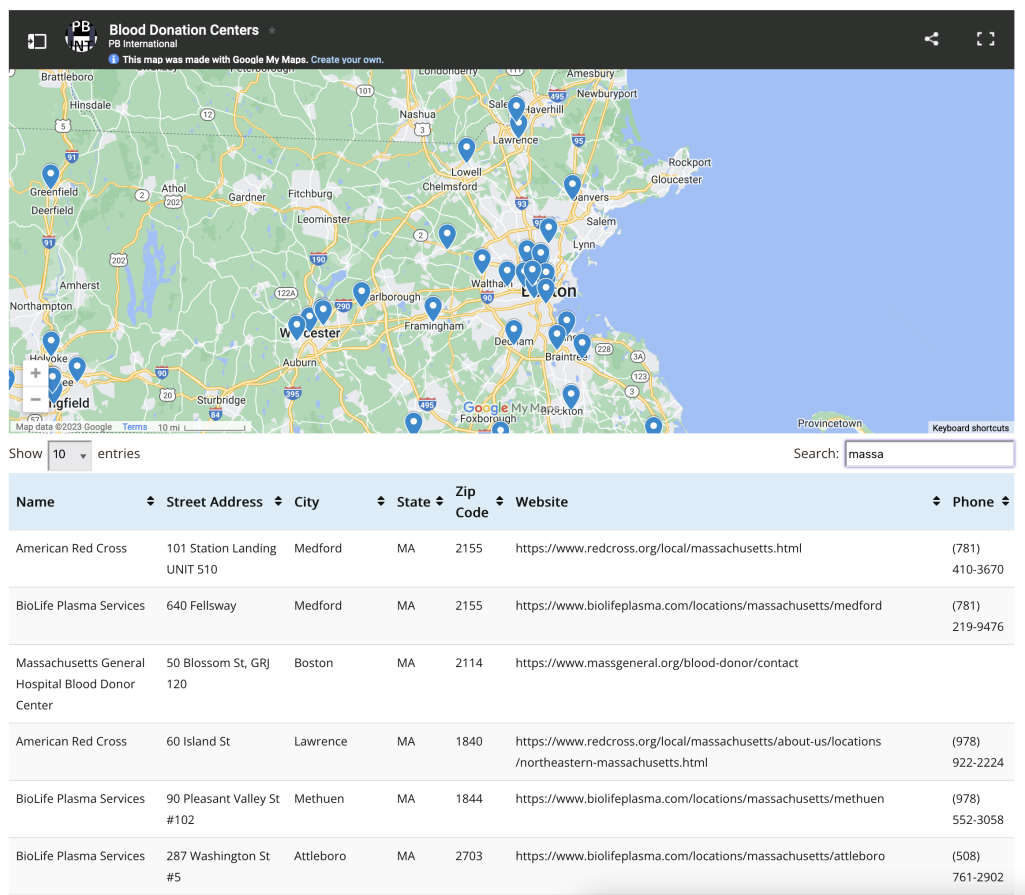
The Food and Drug Administration (FDA) finalized a new rule on May 11th that will allow more gay and bisexual men to donate blood. The updated guidelines mean most gay and bisexual men who are in monogamous relationships with other men will no longer need to abstain from sex to donate blood. Previously, the FDA allowed donations only from men who have sex with men if they hadn’t had sex with other men for three months.
Several times in recent years, including during the pandemic in March of 2020, the Red Cross has declared a national blood shortage. The Red Cross has stated that every two seconds, someone in the United States needs blood. From trauma victims and patients undergoing surgeries to individuals battling cancer and those with chronic illnesses, the demand for blood is constant and ever-present. Yet, the supply often falls short of meeting this critical need. This new ruling helps grow the pool of donors to help meet this critical need.
The FDA’s restrictions on blood donations from men who have sex with men stem from the AIDS crisis, which began in the early 1980s when little was known about HIV. People who have had anal sex with new partners or more than one partner in the last three months would be asked to wait to donate blood. People who are taking medication to prevent or treat HIV infections would also be asked to wait to donate blood under the new guidelines. The FDA will continue to monitor the safety of the blood supply.
Critics say the new rule is still discriminatory as it looks to exclude non-monogamous gay and bisexual men, and that testing alone should be adequate to protect the blood supply. For now, though, the door has been opened a bit more for many potential donors until further rulings are made.
You can use this nationwide database of blood donation centers to find a local destination to donate or follow up with any questions on the new legislation.
The above information was provided to us by Phlebotomy Classes Near You.
Have INFORMATION you want us to publish? Submit it By clicking here!
If you have a news story that you would like to share, please contact us via email or call 781-780-9460.

History of Success: SSU Bold Project | July 18, 2025
Guests: Dr. John Keenan & Jake Cotter. The goal of the show is to shine a light on the...
Voz De Alerta: Domingo Mejia | July 18, 2025
Tema: Cristo Está A La Puerta, Avanza | Romanos 10:8

